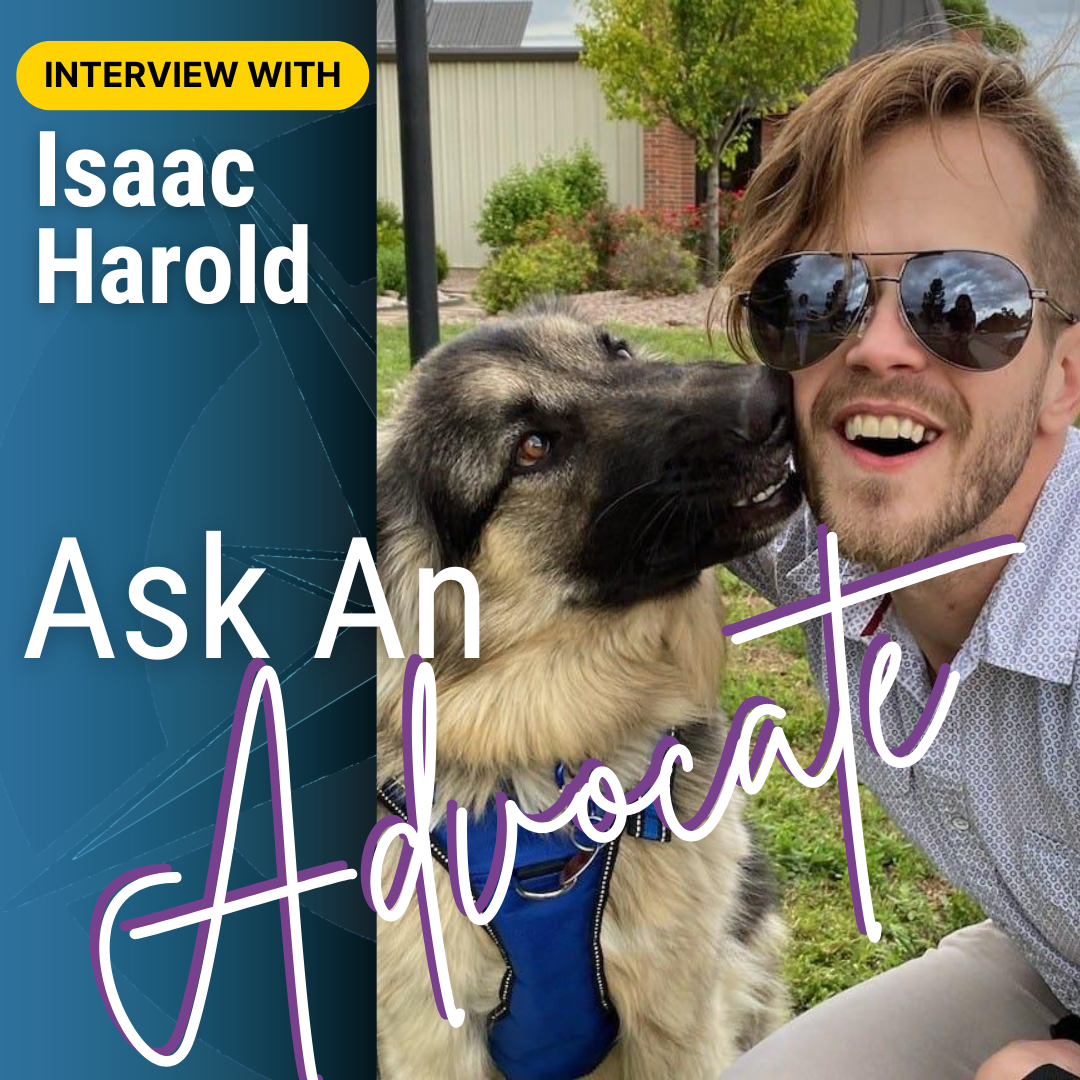We’re proud to spotlight Isaac Harold in our ‘Ask An Advocate’ series! With nearly nine years of dedication to Options, Isaac has worn many hats—starting as an Evening Shelter Advocate, then moving into roles like Family Advocate, Shelter Manager, Mobile Advocate, and now serving as our Community Services Coordinator.
His deep experience and commitment to our mission have made him an invaluable part of our team. We’re excited to share Isaac’s journey and the lasting impact he continues to make in the lives of those we serve as well as our staff.
What is unique about your role?
“The Community Services Coordinator position was eliminated in 2019 and was reinstated in October 2023. My role is to provide guidance to Survivors and Advocates in our 18 counties.”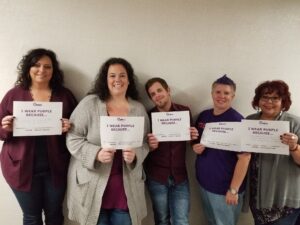
What do you believe is the most important aspect of your job as an advocate?
“The most important aspect of my role as an Advocate is promoting resiliency in Survivors, and promoting growth-oriented opportunities to Advocates.”
What are some of the key challenges you face in your role, and how do you address them?
“I am most challenged by emotional contagion and compassion fatigue. I face a lot of intense emotional responses. I remind myself every day that myself and countless others have faced these challenges, and others are just beginning their journey. My immediate support to a survivor could mean a seed of resiliency is planted in their minds. The seed will foster future growth beyond surviving to thriving!”
Is there a particular service or program offered by Options that you find especially impactful or meaningful? If so, why?
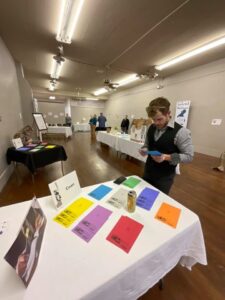 “I have 2 (I couldn’t pick just 1). My first service choice is providing communities with awareness to help those impacted by abuse and trauma. My second pick is helping survivors and their fur babies. Organizations similar to our program will deny Survivors and their pets Shelter or Emergency Accommodations. As a result, a vast majority of survivor pet owners do not leave abusive associations and are susceptible to extreme physical violence including death.”
“I have 2 (I couldn’t pick just 1). My first service choice is providing communities with awareness to help those impacted by abuse and trauma. My second pick is helping survivors and their fur babies. Organizations similar to our program will deny Survivors and their pets Shelter or Emergency Accommodations. As a result, a vast majority of survivor pet owners do not leave abusive associations and are susceptible to extreme physical violence including death.”
How do you practice self-care and prevent burnout, given the emotional intensity of the work?
“I work out, walk my dogs, and I am an aspiring woodworker.”
How do you build trust and rapport with survivors?
“Listen, help them find their breath and strengths to empower their resilience!”
Could you share any misconceptions about abuse that you encounter within your role?
“The common misconception about the Cycle of Domestic Violence is that it is an actual cycle of tension building, aggression, and excessive affection. The Cycle is fast or slow and is unique for the Survivor. Also the common misconception about rape is that it only happens to young college girls and little boys. Rape can happen to anyone. Literally. You cannot foresee how your body will react to the trauma.”
What kind of changes or improvements would you like to see in the way society addresses domestic and sexual violence?
“Social Justice is often ignored, and the majority of Survivor women are further disempowered by legalities created by old, white, and privileged men.”
What is your favorite way that Options raises awareness and educates the community about domestic and/or sexual violence?
“Options Advocates promote resiliency, supporting Survivors as they become Thrivers. Options Advocates support community partners by promoting survivor safety with Emergency Responders and Community, State, and Nationwide organizations.”
What advice would you give to someone who wants to pursue a career in advocacy work for domestic and sexual violence?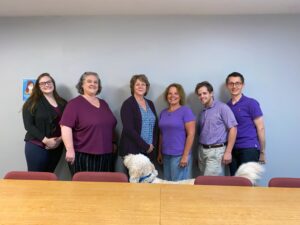
“There is no such thing as a “perfect” victim. Survivors are just as imperfect as you and me.”
What do you wish people understood about your role? Or about working as an advocate in general?
“I wish people understood how Domestic and Sexual Violence foster violence and perpetration in their communities.”
How do you handle difficult situations? Personally, and professionally.
“Professionally: I take a step back and breathe and walk away to collect my thoughts if the situation is appropriate. Personally: I breathe, walk or drive away, and journal.”
How has working at the agency impacted your personal views or perspectives on domestic and sexual violence (or stalking, or human trafficking)?
“Trauma is unique to each survivor. A Domestic Violence Survivor may laugh after being hit by their partner. A rape Survivor may sit upright and rigid with a listless expression.”
Is there anything else you’d like to add?
“Someone who is helping a Survivor access Options’ services is an Advocate. So is someone who helps a Survivor prepare before a PFA hearing to face the person who physically and mentally assaulted them. Or someone who helps a Survivor in poverty find resources. Or someone who is on our Student Advisory Board, someone who helps a Survivor during a Sexual Assault Nurse Examination, someone who is a Survivor who is Thriving and no longer just surviving.
Anyone can be an Advocate if they believe that abuse and rape do not follow the values of Communities.”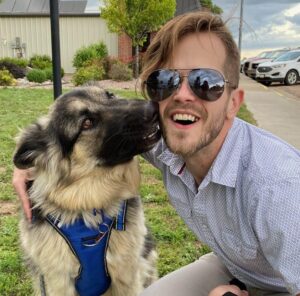
If you need any additional information, have a question, or a concern, feel free to reach out to Options at our 24-hour toll-free helpline 800-794-4624. You can also reach an advocate via text by texting HOPE to 847411 or click 24-Hour Chat with Options.
This grant project is supported by the State General Fund for Domestic Violence and Sexual Assault, sub-grant number 24-SGF-07, as administered by the Kansas Governor’s Grants Program. The opinions, findings, conclusions or recommendations expressed in this publication are those of the author(s) and do not necessarily reflect the views of the Office of Kansas Governor.


